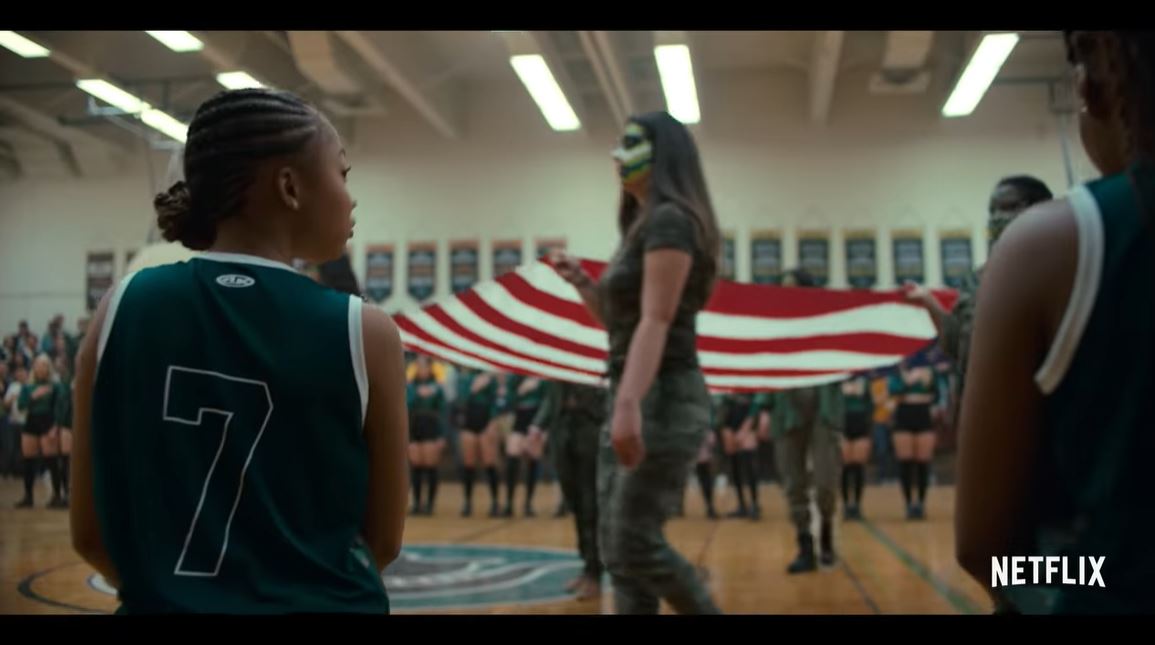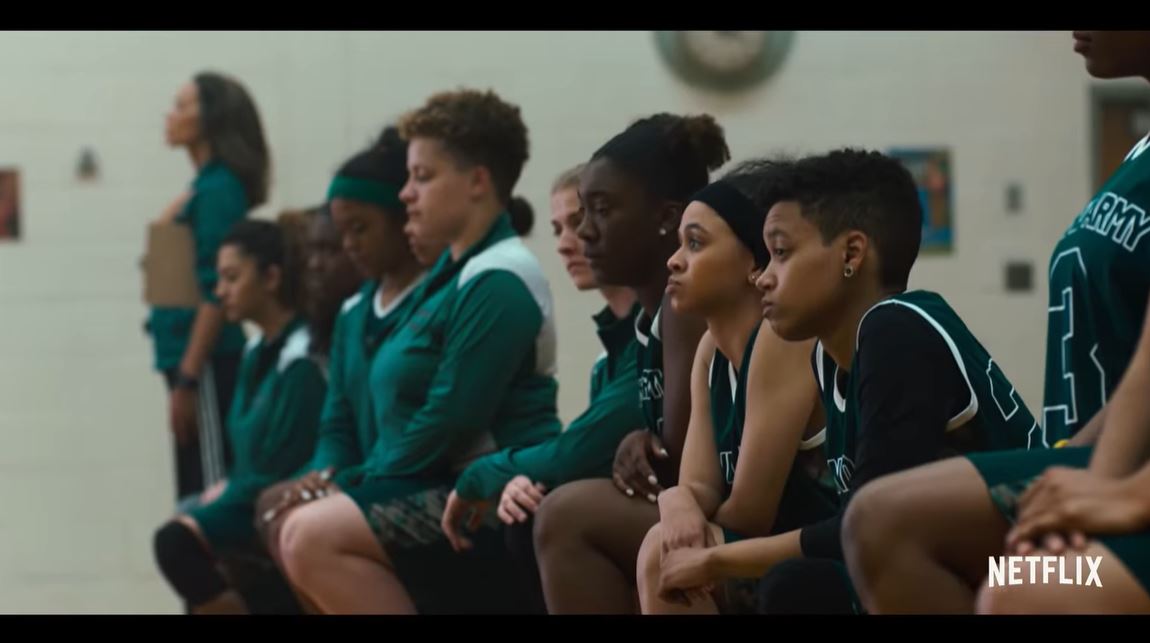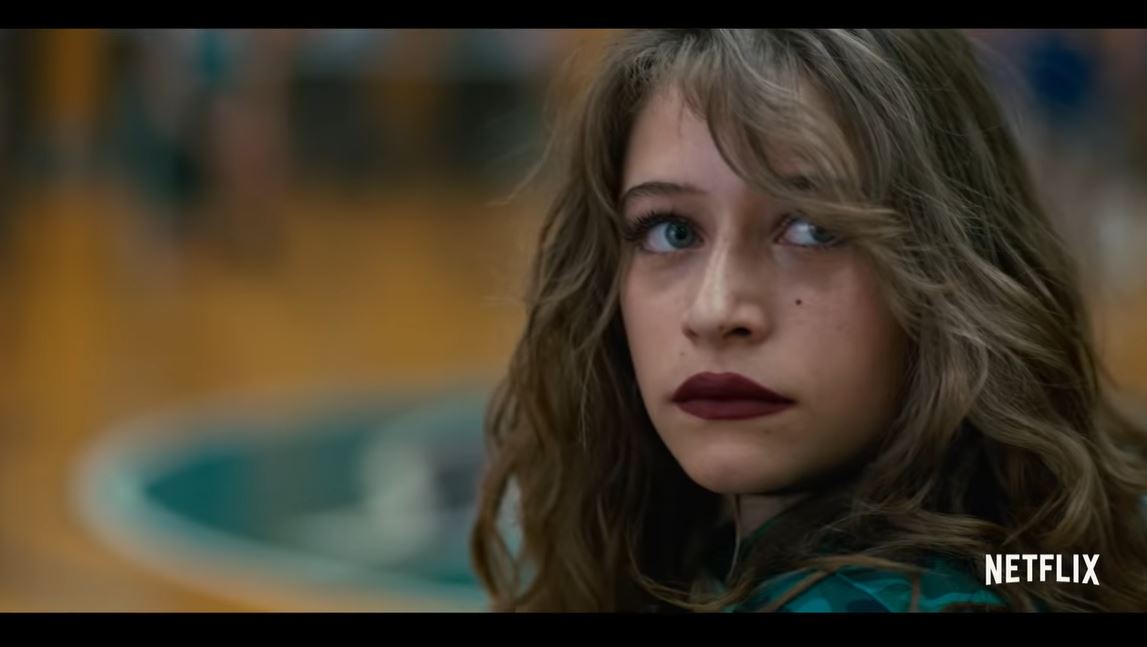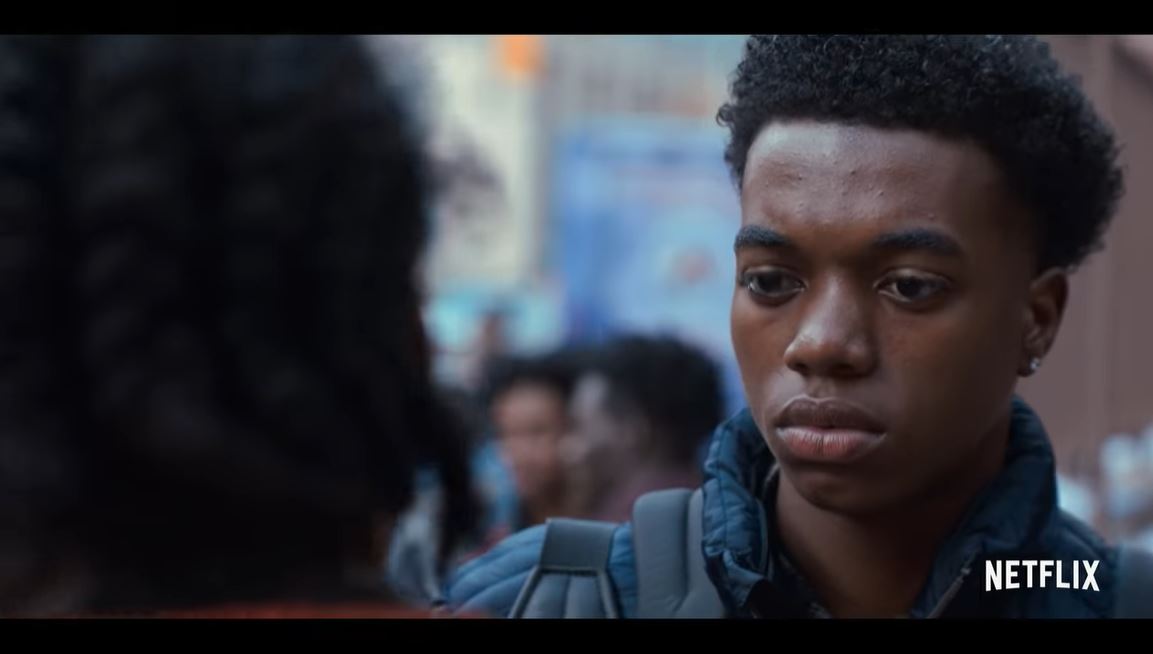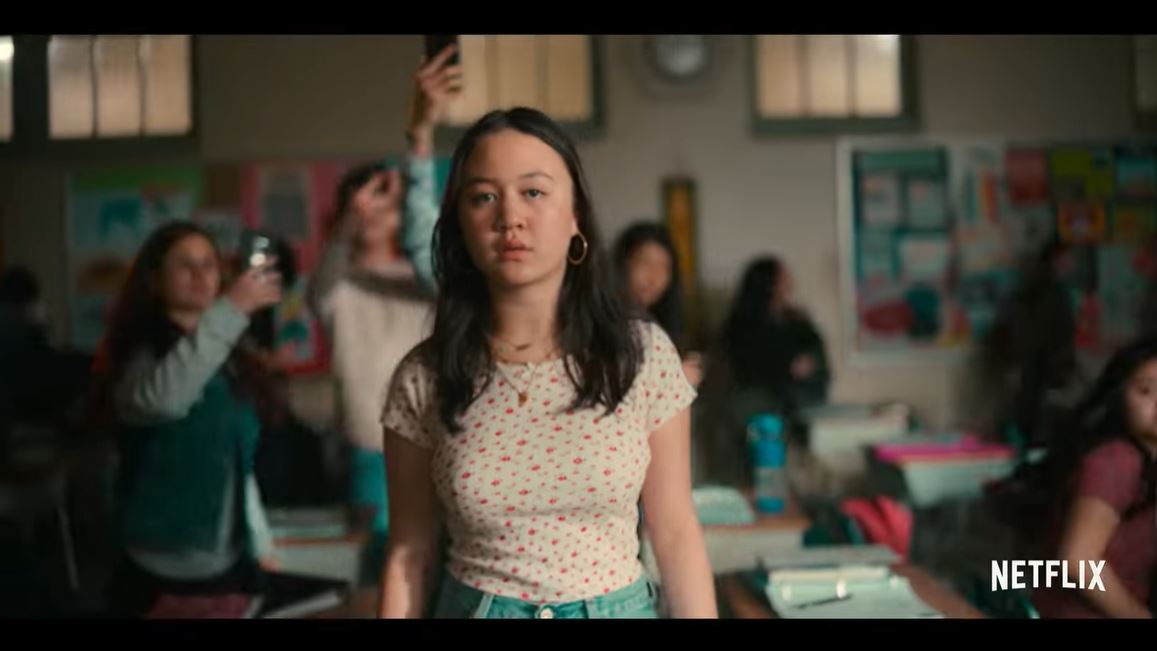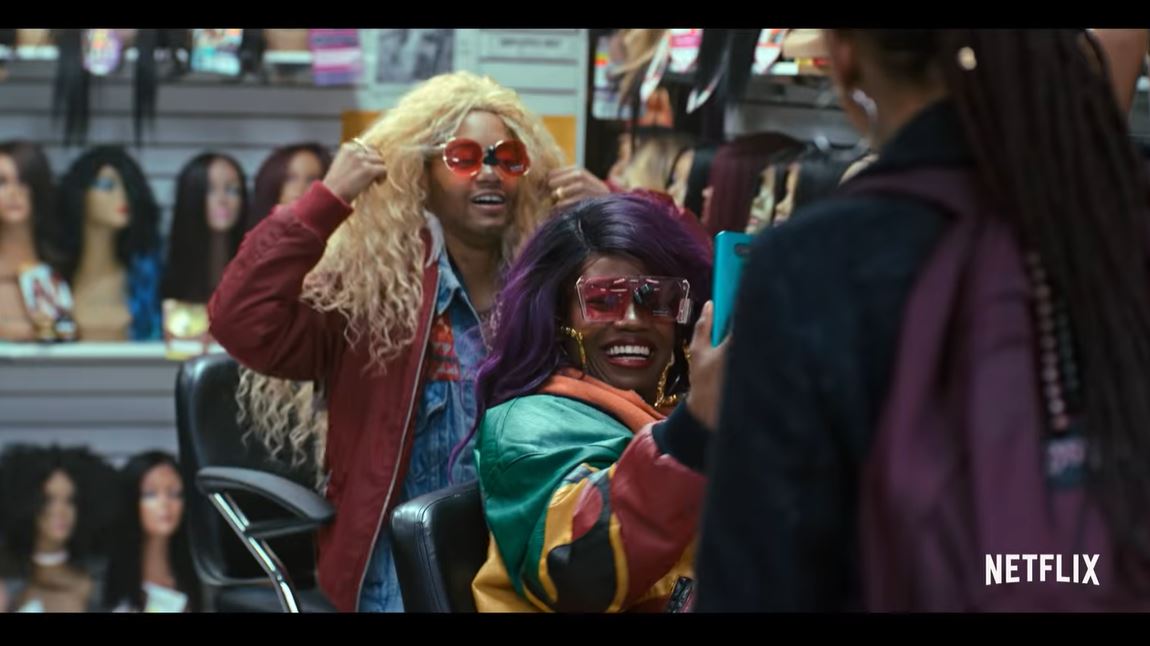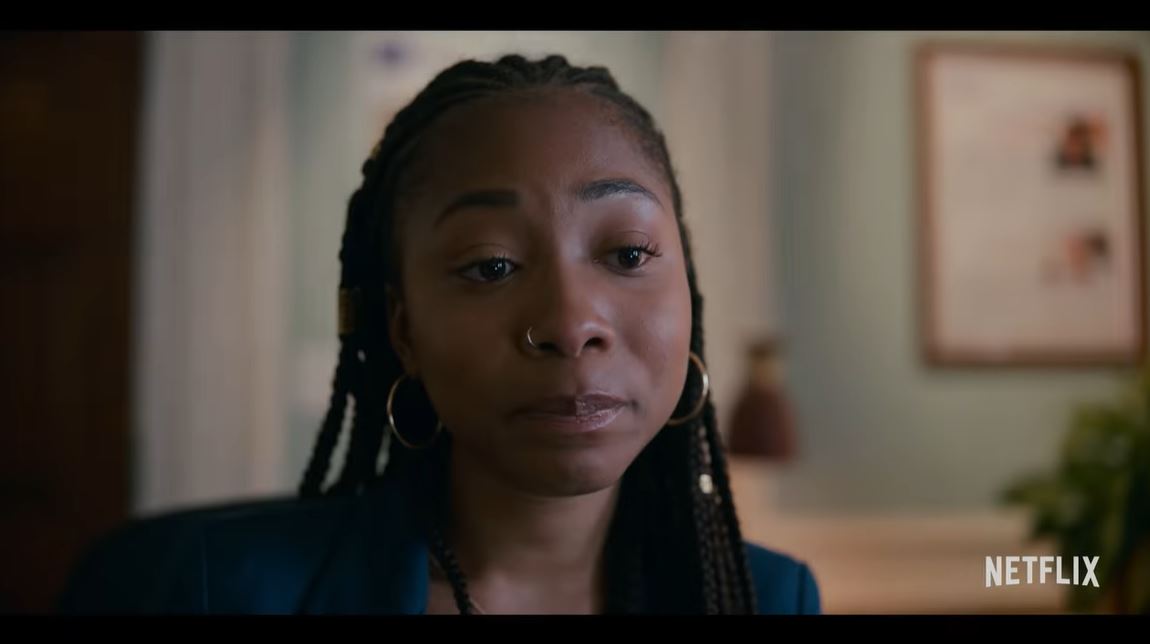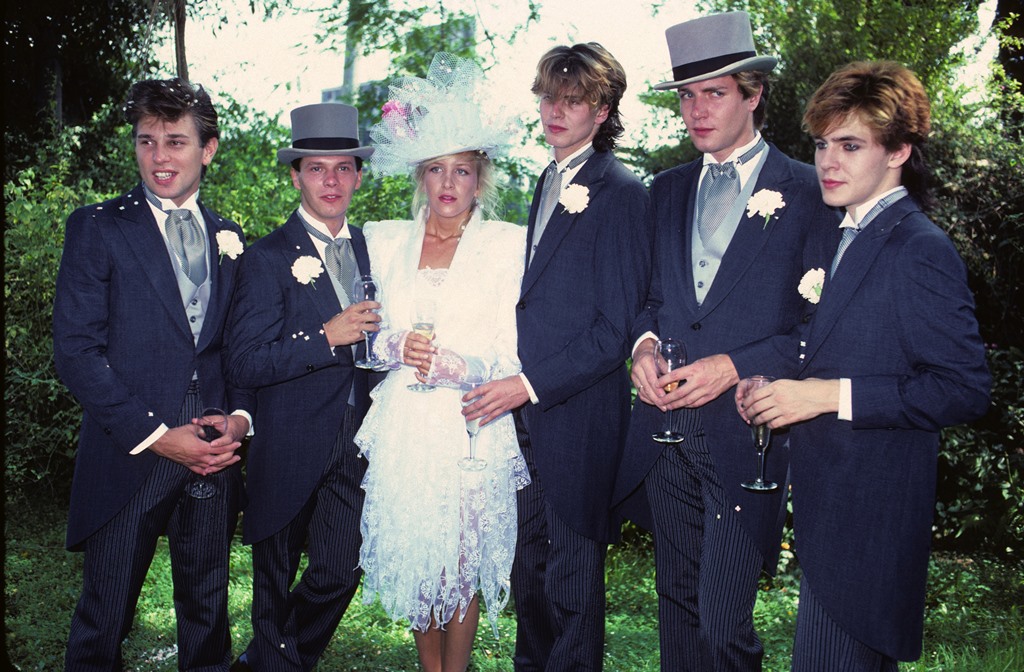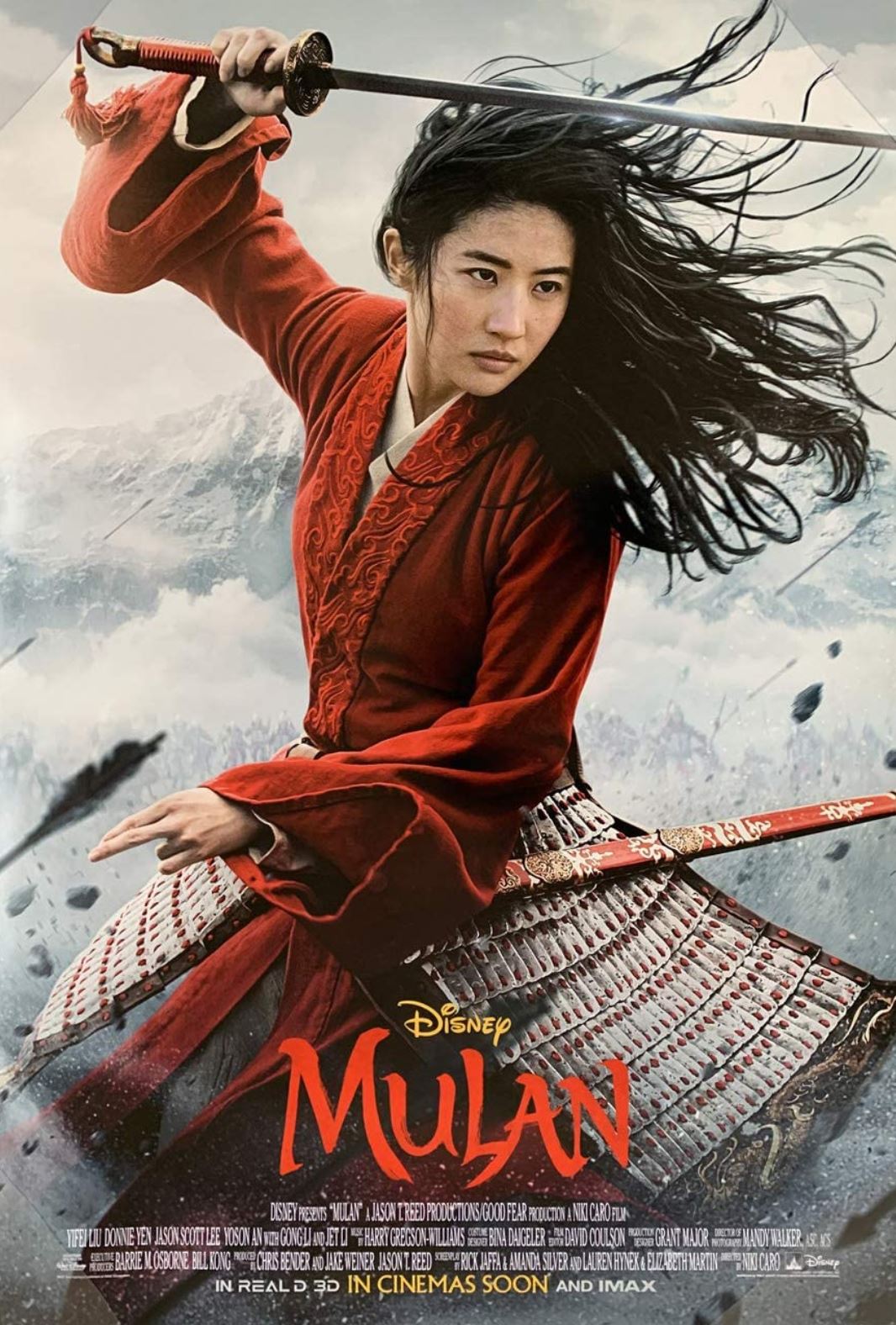The Big Questions of Grand Army


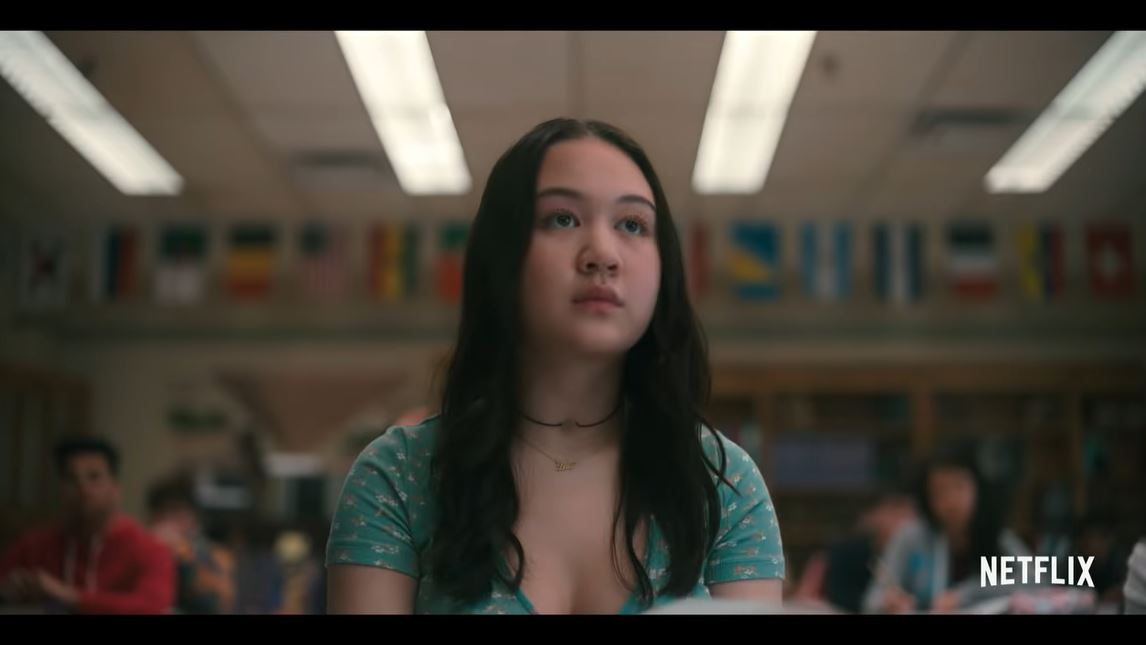
I was incredibly excited when the trailer for Netflix’s new teen show, Grand Army, finally dropped yesterday. The show had been on my radar since late 2018 when it was casting and doing some shooting in Toronto, and it hits all my buttons: it’s about ‘regular’ high school kids, specifically “five enterprising young adults attending Brooklyn’s largest public high school”, and seems to take place primarily in the school, in the classrooms and gyms and bathrooms that are where the real drama tends to take place in teen lives.
Together We Rise. Together We Rage.
— Netflix (@netflix) September 2, 2020
Grand Army. October 16. pic.twitter.com/DWK2kaqMBo
Grand Army, in addition to its urban setting, is notable for its diverse lead characters, something we almost never see on TV, specifically in a high school context. The show that came closest was mayyyybe Boston Public, but the lead characters there were the teachers and administrators, not the students.
By contrast, there’s a decent chance this show might actually look at the experiences of non-white kids in school in a way that the vast majority of celebrated teen shows in recent memory just didn’t – Gossip Girl, The OC, Dawson’s Creek, even 13 Reasons Why, I’m looking at you.
(An honorable mention goes to The Fosters, because the teenage cast and their friends/school peers were incredibly diverse, but they attended an almost mythically wonderful and supportive charter school where one of their moms was the principal.)
But almost as soon as the Grand Army trailer dropped, so did this tweet, from Ming Peiffer, apparently one of the writers on the show:
https://twitter.com/mingpdynasty/status/1301225559243001863?s=20
She asked the right question. Immediately in public replies to the tweet there were interview requests from Variety, NBC News, IndieWire, and literally dozens of others – plus however many requests went straight to her DMs. At press time no ‘story’ had been published, beyond outlets who summarized Peiffer’s tweets, but I’m sure it’s coming, and I have no reason to doubt that Peiffer is telling the truth, or, put another way, I can’t think of a reason she would benefit from putting herself on blast like this, as high profile writers including Adele Lim and Matthew A. Cherry noted in their tweets of support.
https://twitter.com/mingpdynasty/status/1301238031219863558?s=20
The creator in question, per the Entertainment Weekly article, is “playwright and theater educator Katie Cappiello, who tells EW the show is her "life's work in so many ways. I'm going to be 40, in September, and I've spent 18 years of my life, making this project."
“Cappiello's work has stemmed from extensive conversations she's had with students that have covered a whole range of topics. "It's years of listening to my students talk, it's years of going to bar and bat mitzvahs. It's years of having kids call you because they don't know how they're going to afford school, and can you talk through that with them, and try to help them figure out a plan? It's when they're struggling with their parents, who can they talk to, and can I recommend a course of action?" Grand Army in particular is "taking all of that time, and then all of those years and all those relationships, and fusing them into these five characters."
It's impossible not to see the similarities to complaints from writers at CBS’s All Rise, though neither Netflix nor Katie Cappiello has responded to the allegations just yet.
The responses to Peiffer’s tweets have been overwhelmingly supportive (though she noted she had received criticism and racist abuse for posting it, which… sadly, sounds exactly right), and while some swore they wouldn’t watch, or saw it as further evidence that Netflix is centering white voices and creators, others lamented that reaction, since the show is also a showcase for young Black and other POC actors who are often overlooked and under-lauded.
There was one tweet, however, that caught my attention, despite not getting a fraction of the same attention as the originals:
https://twitter.com/franciathegreat/status/1301343978944712704?s=20
Which brings to mind one of 2020’s most irritating truths: both things can be true. The only viable alternative to the current US political horror may be disappointing to people’s ideals…and he’s the only viable alternative. Going outside and meeting people may encourage the spread of COVID-19 and it’s essential for people’s mental health.
Katie Cappiello’s work as a writer or a showrunner may be inadequate or abusive, and she’s telling stories that haven’t been told, from students she’s helped. Both things can be true. The author of the above tweet, @franciathegreat says in other tweets that the trailer isn’t indicative of what the series is like, and that “it’s not some depressing degrassi ass show” (lollllll forever), and that it’s written by and stars her friends, so she’s probably not impartial – but it’s also possibly true that the people involved feel like their stories are being told.
So, should you watch? Pending response from Capiello or Netflix (an early Variety piece says House Of Cards creator Beau Willimon is also involved), my hot take is… yes.
Because this is not the first or fifteenth time accusations of racism and silencing have been thrown at showrunners, even those in the teen space, even in the last year. What that tells me is that the same mistakes keep being made. I don’t know yet if Grand Army has made mistakes – and to be fair to the production team, if Peiffer and other members of the writing staff quit before all the episodes were in post, they may not have an accurate idea of what the end product looks like.
But we can’t fix problems of racial blindness and casual white supremacy if we don’t know what they look like. So I will watch the show, and I’d encourage anyone who cares about this space or this genre to do the same. And the homework assignment is, if after watching when it drops on October 16th, you see something (or many things) problematic, we ask how and why it came to be. If we don’t see something problematic – it could be that it isn’t there…
Or – and I suspect this is the point Peiffer is trying to make – it’s because we’ve been conditioned not to see it at all.

